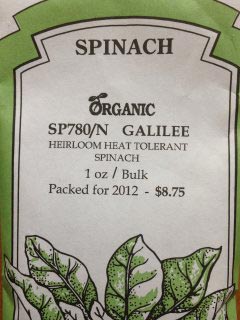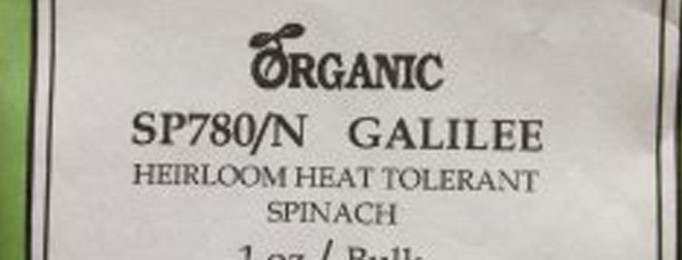 Heirloom is generally defined as seed which pre-dates the bio-tech industry and is not hybrid seed. Rather it is seed which has been grown and used and selected for existing traits which are considered desirable for generations. Heirloom seeds have historical significance for specific and identifiable traits, such as rich flavor, long harvest times, early yields or large yields. While the heirloom seeds are not scientifically bred or altered, and are allowed and capable of ‘open pollination’ wherein the plants will naturally generate true seed when allowed to produce seed (as opposed to being harvested for their food, leaf, or fruit value without regard for seed production) there are important rules to follow for collecting such seeds in a home garden crop.
Heirloom is generally defined as seed which pre-dates the bio-tech industry and is not hybrid seed. Rather it is seed which has been grown and used and selected for existing traits which are considered desirable for generations. Heirloom seeds have historical significance for specific and identifiable traits, such as rich flavor, long harvest times, early yields or large yields. While the heirloom seeds are not scientifically bred or altered, and are allowed and capable of ‘open pollination’ wherein the plants will naturally generate true seed when allowed to produce seed (as opposed to being harvested for their food, leaf, or fruit value without regard for seed production) there are important rules to follow for collecting such seeds in a home garden crop.
Additionally, certain plant families are well known for their ability to cross pollinate within their groups, which can lead to crosses which do not produce plants true to the original heirloom crop planted. Instead, these cross pollinated seeds of similar plants will produce plants which carry varying characteristics of the two crossing ‘parents’. A very common example of this is the summer squash and pumpkin family. Quite often ‘volunteer’ plants from last year’s crop will produce crosses which produce zucchini/spaghetti, zucchini/pumpkin or other squash family crosses. While this can be amusing and interesting, for someone seeking a true pumpkin or spaghetti squash, only careful hand pollination and protection of the squash plant blossoms being harvested for seeds is required.
Heirloom seeds offer a rich diversity of plant seeds which, when properly managed can provide an ongoing source of true heirloom seeds for future gardeners based on a wide variety of plants, helping to maintain a bio-diverse and thriving food crop ecology world-wide.
Resources:
VegetableGardenHub: Vegetable Seeds


